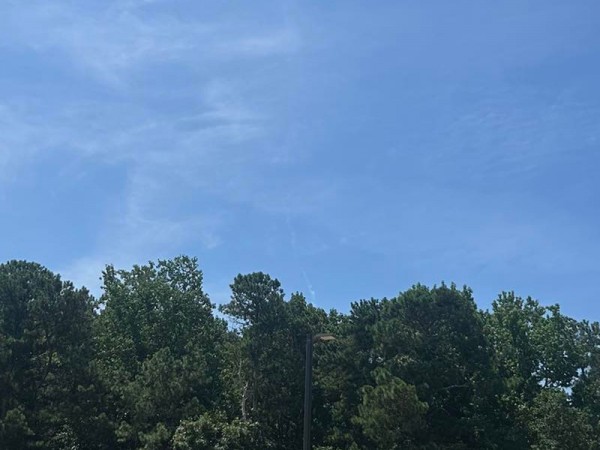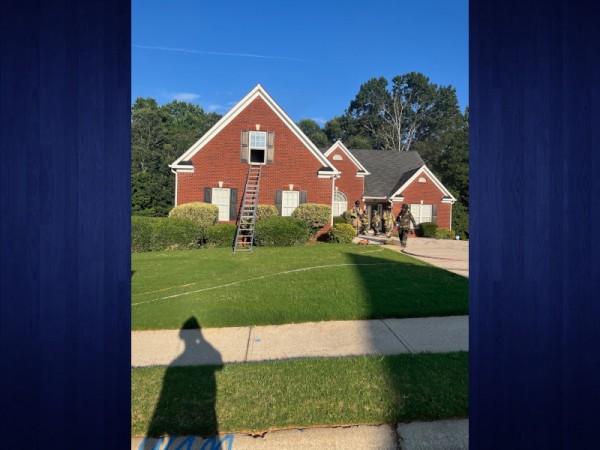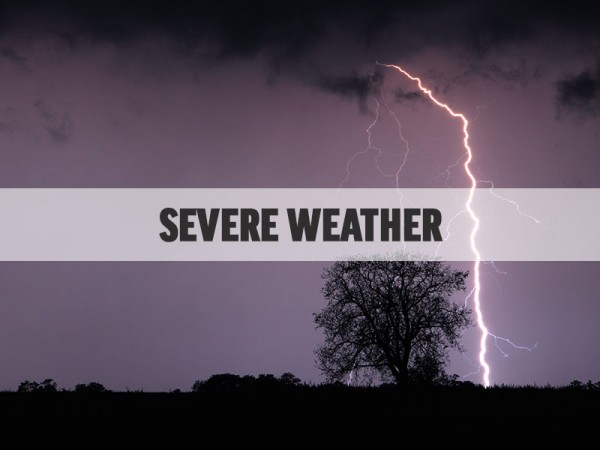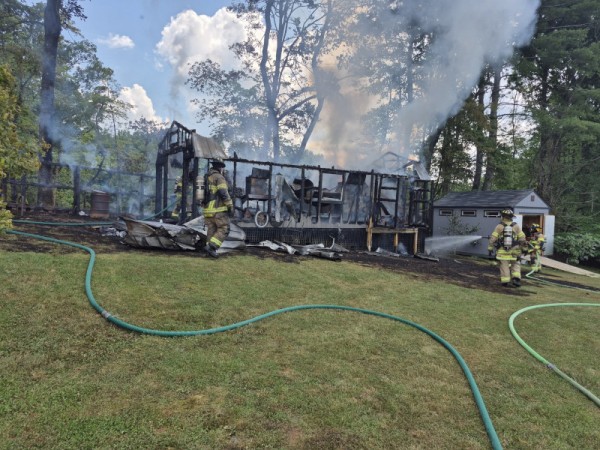ATLANTA - A law that cleared the way for a wave of new state-approved charter schools was struck down Monday by the state's divided top court in a landmark decision that will affect thousands of students and promises to reshape how Georgia's public schools are funded.
The Georgia Supreme Court's 4-3 decision overturned the law creating the Georgia Charter Schools Commission, which allowed the state to approve and fund charter schools over the objection of local school boards. The decision held that only local boards of educations have the power to fund and open public schools.
``We do not in any manner denigrate the goals and aspirations that these efforts reflect. The goals are laudable,'' wrote Chief Justice Carol Hunstein. ``The method used to attain those goals, however, is clearly and palpably unconstitutional.''
The decision bars the commission from creating any new charter schools, but left unclear is the fate of the 14 charter schools that have already started offering classes. The schools, scattered around the state, are designed to eventually serve about 15,000 students. A dissent written by Justice David Nahmias said the ruling could also abolish ``any other `special school' the General Assembly might dare to create.''
``Today four judges have wiped away a small but important effort to improve public education in Georgia an effort that reflects not only the education policy of this state's elected representatives but also the national education policy of the Obama Administration,'' he wrote.
Hall County Schools Supt. Will Schofield said the ruling will have little impact on the Hall County School System. (See separate story.)
State Superintendent John Barge said he will be working with the state Board of Education to ``see what flexibility can be offered for these schools,'' but parents are already scrambling to make new plans.
Stephanie Bowen plans to send her daughter, an eighth-grade student at Ivy Preparatory Academy, to the local public high school next year. She said she sent her daughter to Ivy, an all-girls school approved by the commission in 2008 after Gwinnett County rejected the petition, because she believed the academic environment there would be better.
``It's just too bad,'' said Bowen. ``We need to work harder to figure this out and provide options without having to go to private schools. Our tax dollars go to education and if your traditional local schools aren't providing what your child needs, you need these specialized schools.''
Since 1995, local school districts have created dozens of charter schools, which get public support but aren't subject many regulation that apply to conventional public schools. But the state commission was created in 2008 by frustrated lawmakers who said they were upset that local school boards were rejecting charter petitions because they didn't like the competition.
The legislation sparked a revolt by school districts which filed a lawsuit a year later claiming the commission violated state law by unfairly taking funding away from the districts and giving it to charter schools. They claimed the commission was actually taking local tax dollars without the approval of local taxpayers.
The charter schools' supporters countered by arguing the commission was designed to re-direct state not local funding to help keep the schools afloat. The commission's attorneys argued in court that no funding from a local district was going to a school that was funded over the law.
The law's supporters won the first legal showdown in May 2010, when a Fulton County judge ruled from the bench that the commission was constitutional and didn't break any laws. But Monday's ruling, joined by Justices Robert Benham, Hugh Thompson and Harris Hines, was a blow to charter school supporters.
It found that the Georgia Constitution grants only county and area education boards the explicit authority to create and maintain public schools. The law, it said, is designed to limit authority over public education to ``that level of government closest and most responsive to the taxpayers and parents of the children being educated.''
``Commission charter schools thus necessarily operate in competition with or duplicate the efforts of locally controlled general K-12 schools by enrolling the same types of K-12 students who attend locally controlled schools and by teaching them the same subjects that may be taught at locally controlled schools,'' the opinion said.
The challenge was filed by school district officials eager to rein in the commission's scope. The districts in the lawsuit are among the state's largest Gwinnett County, DeKalb County and Atlanta Public Schools along with four smaller districts: Bulloch, Henry, Candler and Griffin-Spalding schools. At least 37 other districts have signed on to support the challenge.
Gwinnett County Schools Supt. J. Alvin Wilbanks said "We are pleased with the Court's decision. While some tried to paint this lawsuit as an anti-charter school case, nothing could be further from the truth. At its heart, this was a constitutional question, one that has been answered once and for all. The Supreme Court has ruled correctly that the Commission does not have the constitutional authority to establish schools and direct local dollars to the operation of those Commission-approved schools."
Critics of the decision said it was too broad and illogical. Nahmias, who was joined by Justices George Carley and Harold Melton in the dissent, said judges should only strike down education rules in very rare instances, and argued that litigation is ill-suited to foster the nuanced decisions required for good social policy.
``That result is unnecessary, and it is unfortunate for Georgia's children, particularly those already enrolled and thriving in state charter schools,'' he wrote.
Thursday
June 26th, 2025
3:11PM


















